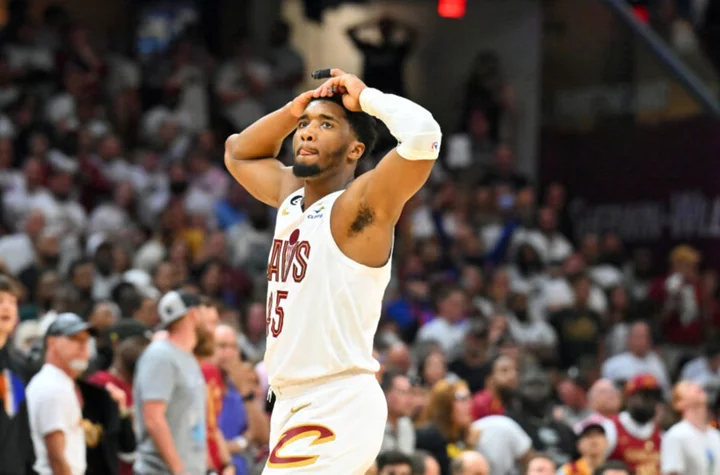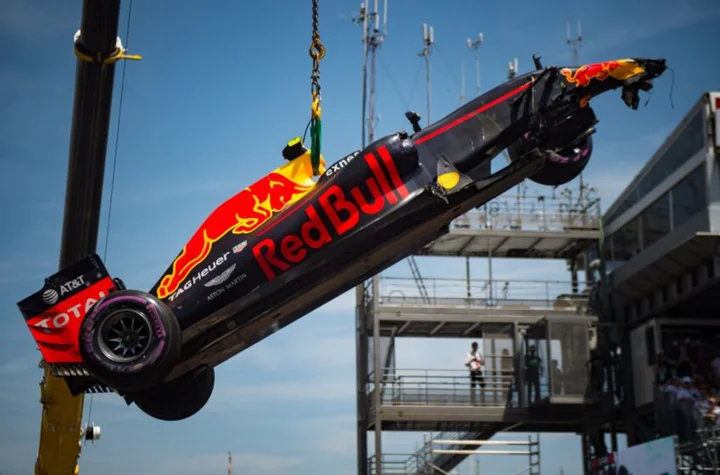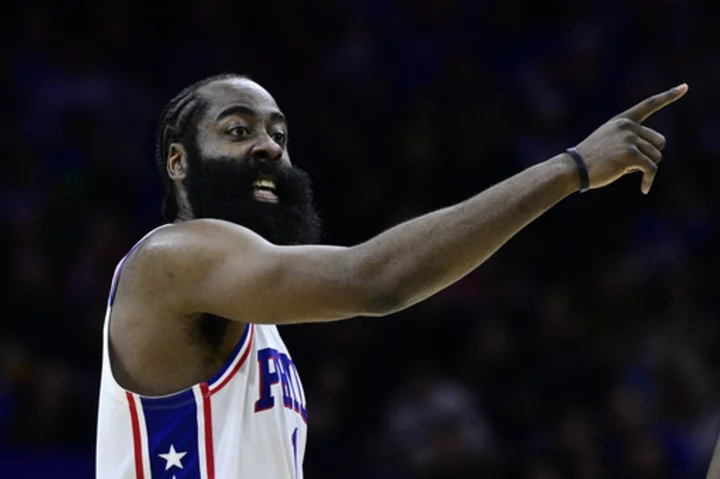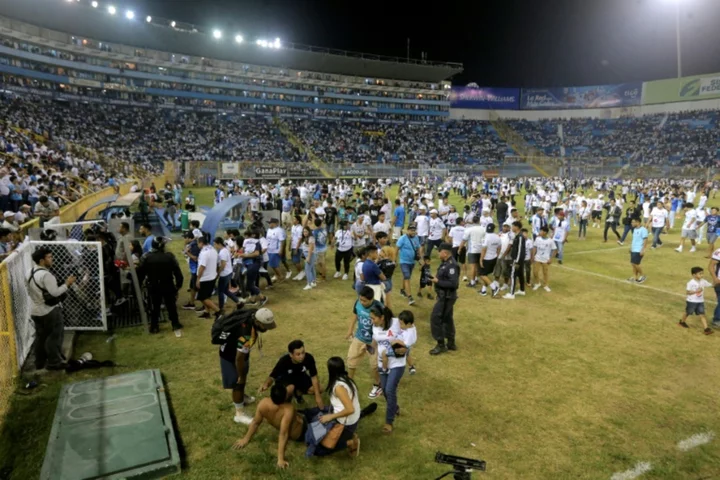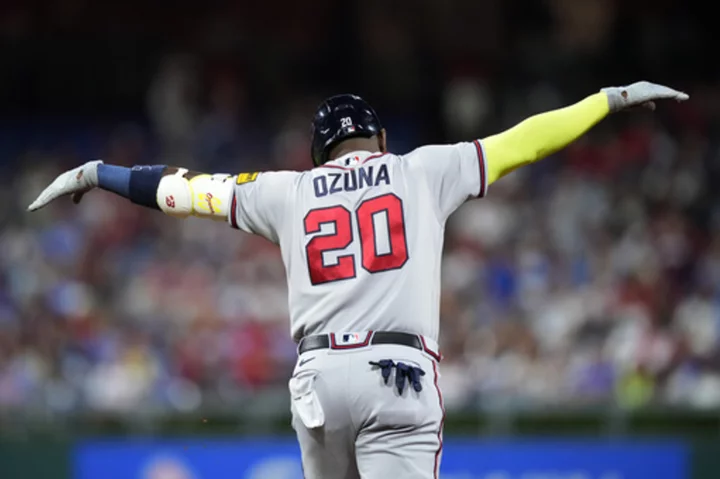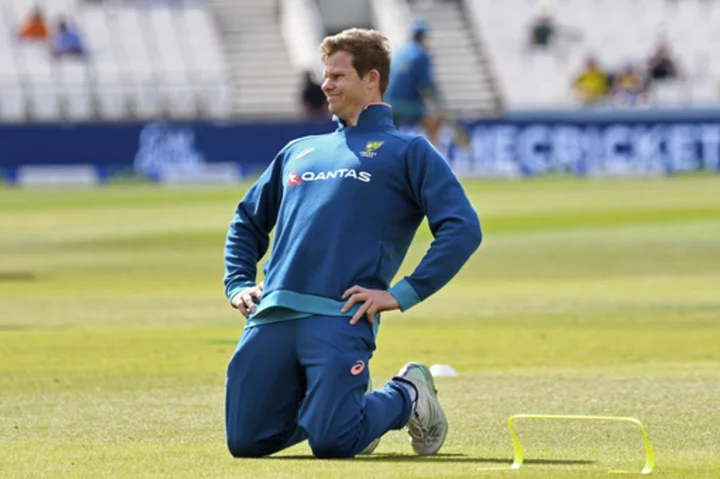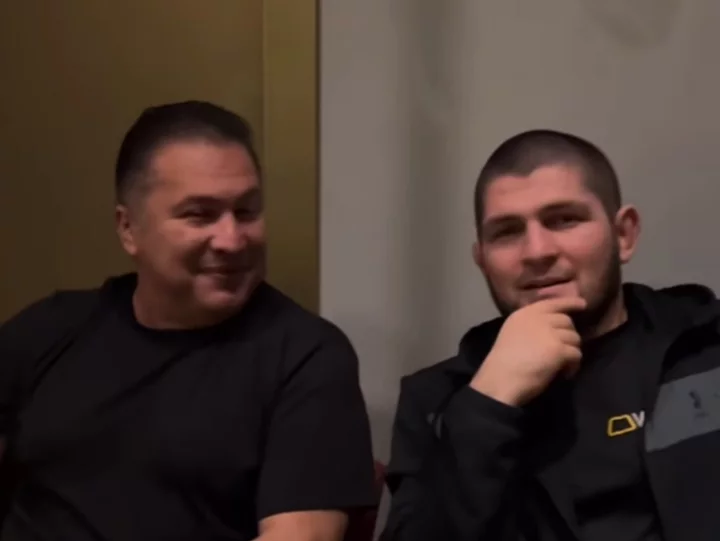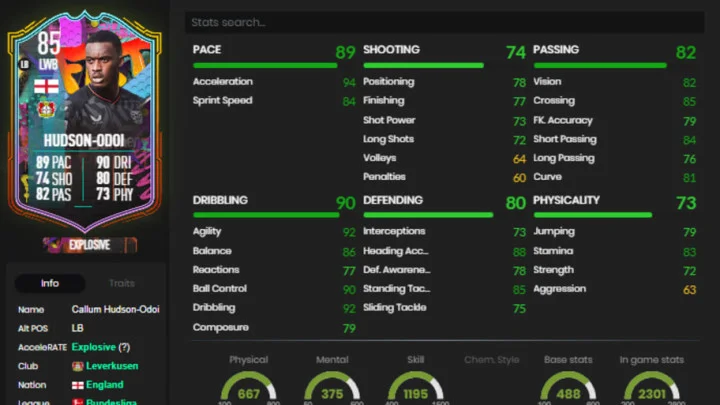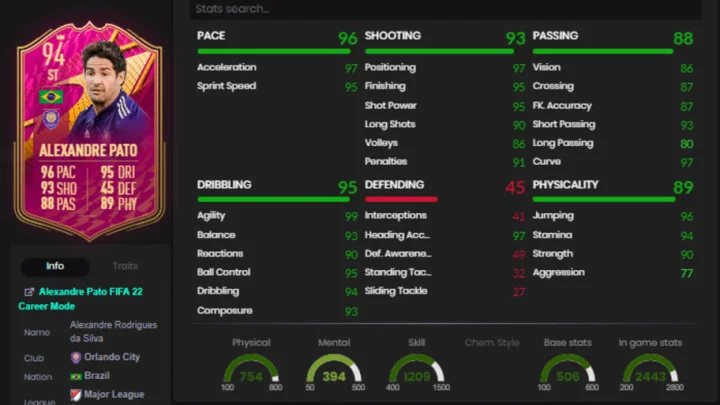Donovan Mitchell and the Cleveland Cavaliers could be approaching an impasse next summer.
Donovan Mitchell's first season with the Cleveland Cavaliers went about as well as it could have individually. He averaged 28.3 points and 4.4 assists on 61.4 TS%, putting him on the shortlist of true superstars in the Eastern Conference.
For the most part, Cleveland lived up to his stardom as a collective. You will struggle to find a more talented 2-4 in the NBA than Darius Garland, Evan Mobley, and Jarrett Allen. The Cavs finished the season 51-31, tied for the fifth-best record in the league. By all indications, statistical or otherwise, the Cavs were right on the verge of contention.
Then the playoffs arrived, and Cleveland faced the No. 5 seed New York Knicks in the first round. The Cavs were significant favorites — until New York dispatched them in five games. Cleveland's sudden slide out of the postseason surprised many, and led to new questions about Mitchell's future with the franchise.
Cleveland Cavaliers could trade Donovan Mitchell next summer if season goes south
When asked about potential storylines at next February's trade deadline, ESPN's Tim Bontemps wrote the following about Donovan Mitchell's situation with the Cavs:
"Cleveland has to try to prove over the next year it's worth having Mitchell sign up long term, or they'll have to consider moving him with a year left on his deal next offseason. If the Cavaliers struggle next season, Mitchell's name could come up."
Cleveland's questions start on the roster-building front. It's not a matter of whether or not Mitchell can win. He's absolutely capable of being the best player on a high-level contender. It's more about the pieces Cleveland can surround him with.
The Knicks' depth completely outclassed Cleveland's depth in the first round. The Cavs were heavier on star power, but players like Josh Hart and Immanuel Quickley gave Cleveland's second unit hell.
The Cavs have two elite defenders in the frontcourt with Allen and Mobley, but the lack of spacing offensively became problematic. The wing rotation of Isaac Okoro, Caris LeVert, and Cedi Osman was virtually unplayable across the board.
Have the Cavs addressed those issues? Allen is reportedly on the trade block but no move feels imminent. Cleveland re-signed LeVert, traded Osman, and signed Max Strus to bolster the wing rotation. Strus supplies valuable shooting on the perimeter and he's a proven postseason asset, but it's fair to wonder if Strus alone changes the calculus of Cleveland's rotation enough to yield different results next postseason.
A big potential scapegoat if next season goes the same way is head coach J.B. Bickerstaff, who managed to get completely worked over by Tom Thibodeau in the playoffs. That never happens.
But, here's the rub about Cleveland: they're going to absolutely roll in the regular season. Mobley is still getting better at a rapid pace. So are Mitchell and Garland, for that matter. The team won 51 games last season and Strus is, if nothing else, a marginal improvement on the wing. Cleveland will get better.
It's really the postseason litmus test that counts. If Cleveland secures a top-3 seed but falls short in the first or second round, how good does Mitchell feel about the future? We've already heard Mitchell speak glowingly about the Knicks, who many thought were the favorites to acquire him from Utah last summer. It certainly feels like New York could be first in line to poach Mitchell from Cleveland after their stunning postseason victory.
Superstars have more leverage and power in the trade market than ever before. Mitchell's contract has a player option for the 2025-26 season, one he will almost certainly decline. That makes 2024-25 his unofficial last year under contract. If Cleveland doesn't feel great about Mitchell sticking around, the front office could be left without a choice. Or, if Mitchell wants to force his way out, he is more than capable of making it happen.

